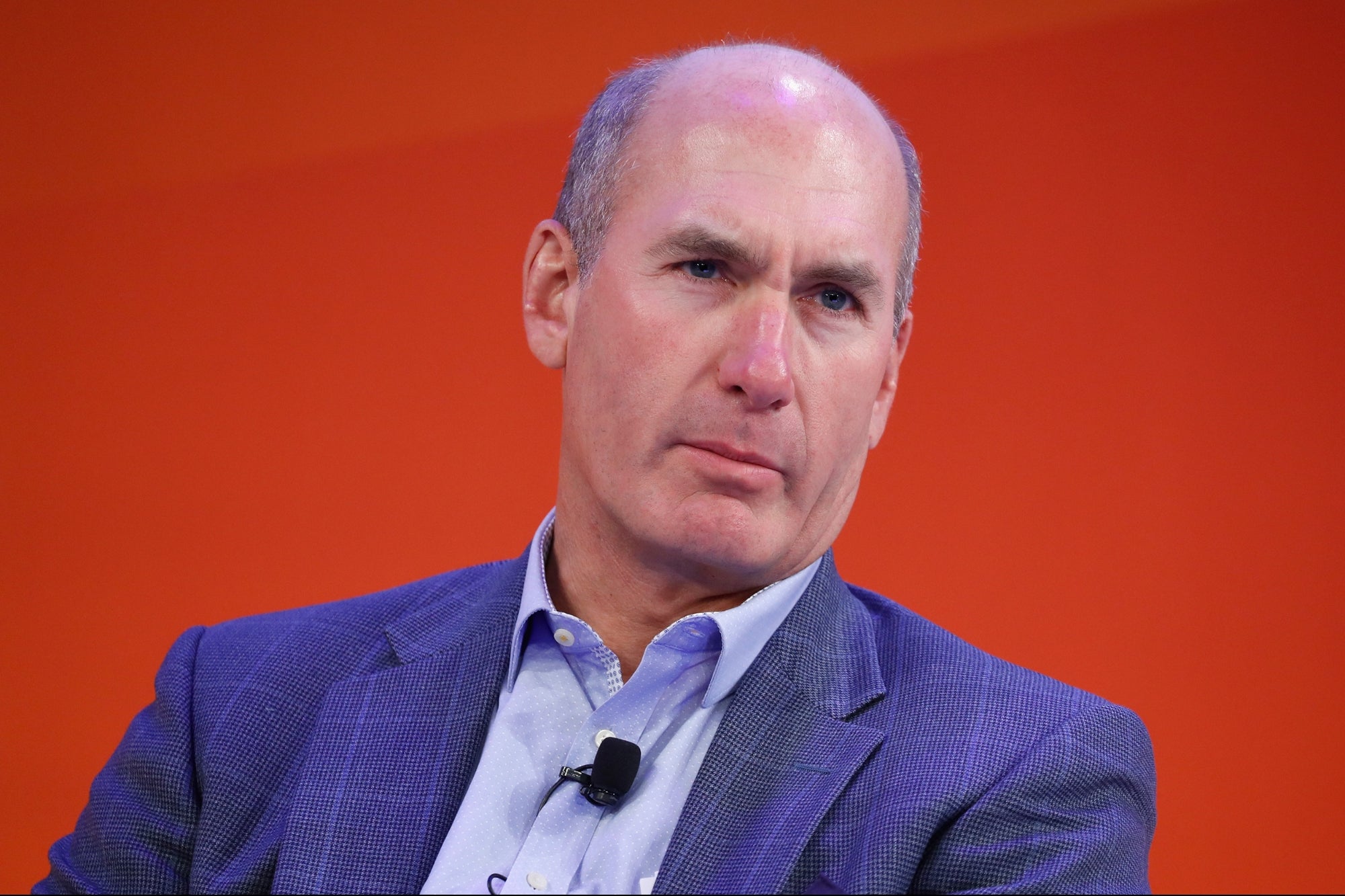Why Forward-Thinking Companies Are Betting Big on Part-Time Talent Losing part-time workers is far costlier than companies realize.
By Tyler Hochman Edited by Maria Bailey
Key Takeaways
- Why part-time talent may be your company’s most overlooked competitive advantage
- How flexible workers are quietly outperforming full-time staff — and what that means for your workforce strategy
Opinions expressed by Entrepreneur contributors are their own.
For decades, companies have concentrated their resources on full-time employees. But that model is overdue for an update. New data shows that part-time workers and independent contractors aren't just filling gaps — they're fueling growth, boosting productivity and helping businesses adapt faster than traditional employment structures allow.
In a recent study conducted by my company FORE, we analyzed workforce performance at an IT firm and uncovered a surprising truth: part-time and contingent workers consistently outperformed full-time staff across key metrics — including revenue per head and speed of delivery. In fact, losing one of these high-performing contractors often costs more than replacing a full-time hire. In today's economy, where agility is critical, flexible talent might be your most underappreciated asset.
Related: Ask the Right First Question When You Hire Part-Time Employees
Why part-time talent delivers more
Part-time workers operate like precision tools. They bring ready-made expertise, deliver clear outcomes quickly and integrate without disrupting the broader team. When speed matters, waiting weeks to hire or upskill full-timers isn't viable — but part-time specialists can start contributing immediately.
They also bring a fresh perspective. Many part-time professionals work across industries and companies, which sharpens their creativity and ability to challenge assumptions. Without being entrenched in company politics or legacy systems, they often identify smarter ways of working.
Their efficiency is another edge. With fewer meetings and less bureaucracy, part-time contributors tend to stay focused, outcome-driven and error-resistant. At FORE, we've seen this concentrated approach consistently lead to faster execution and lower costs.
And when you're scaling — launching a new initiative, entering a market or testing a product, contingent talent offers flexibility. You can scale up or down without long-term overhead, giving your company agility in unpredictable markets.
Financially, their value holds. While hourly rates may seem higher, the savings on benefits, bonuses and infrastructure typically make up for it. What you gain in precision and speed often outweighs the upfront investment.
Loyalty is a two-way street
Just because someone isn't a full-time employee doesn't mean they should be treated as expendable. The companies that get the most from part-time workers are the ones that invest in them.
Treat them like part of the team — include them in key meetings, recognize their contributions and offer access to relevant tools. When they feel valued, they're more likely to return and deliver at a high level.
Building a bench of trusted freelancers also pays off. A go-to roster saves ramp-up time and allows you to leverage their growing familiarity with your systems and culture.
And don't overlook compensation. Independent workers face greater financial risks and fewer protections. Paying fair and timely rates shows respect, and keeps your projects top of mind.
Most importantly, ask what they want. More hours? More autonomy? A path to full-time work? Don't assume. Ask, listen and adapt when you can.
Use data to drive better decisions
Smarter workforce strategies start with data. AI and analytics can help pinpoint exactly where flexible talent will have the greatest impact — from clearing recurring bottlenecks to bridging skills gaps or filling roles with high churn.
Look for patterns: Are hybrid part-time workers more engaged? Are certain conditions triggering burnout? These insights not only help manage contractors more effectively but can also improve full-time retention and productivity.
Related: Hiring This Type of Employee Can Protect Your Business From a Volatile Market
Rethink what "workforce" means
Part-time workers aren't just stopgaps — they're a strategic, scalable layer of your workforce. In a business landscape shaped by speed, specialization and constant change, they offer adaptability that full-time models often can't match.
Companies that embrace flexible talent can build more agile teams, foster resilient cultures and set themselves up for long-term success. Because when you invest in people — regardless of contract type — you're investing in the future of your business.










